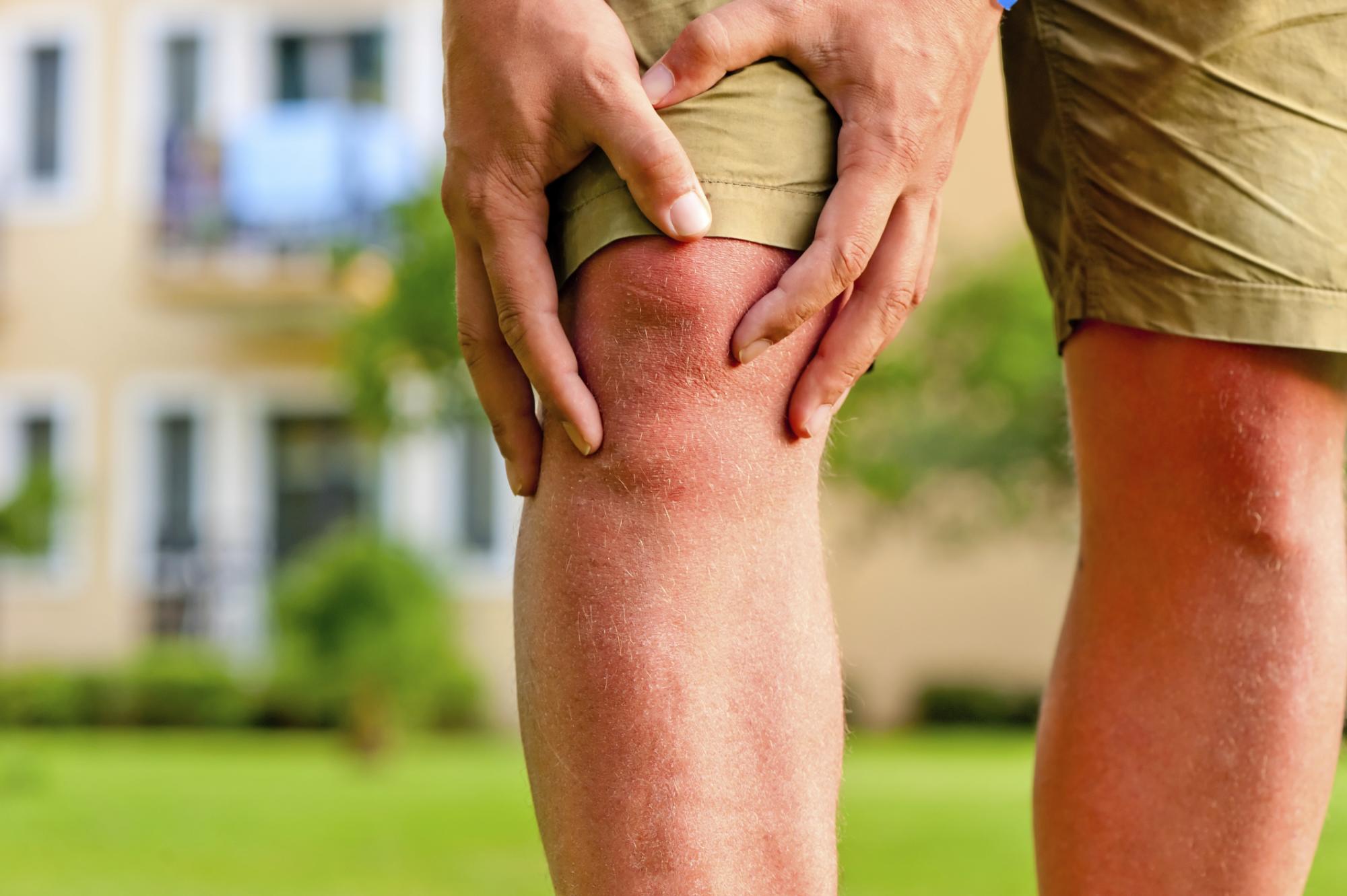View Providers
Knee pain from arthritis can come on suddenly, but it’s more likely to be gradual. A gradual increase in knee pain—over weeks or months—makes it harder to know when to see a doctor about treatment.
One guideline is to get medical attention if you have knee pain that lasts for more than a few weeks. Your doctor can diagnose the cause and suggest a treatment plan.
If you have osteoarthritis and your knee pain is due to the wear and tear on your joints, you have a wide range of treatment options. But the sooner you identify the problem, the more easily your doctor can treat it—and the sooner you'll feel better.
First-Step Treatments
Don't plan on surgery yet! Your doctor is likely to recommend starting with the least invasive treatments and giving them a chance to work. These may include lifestyle changes, such as losing weight. Excess weight loads a lot of extra stress on your joints. In fact, every extra pound you carry can put as much as six pounds of pressure on your knees when they’re in motion. Weight loss takes time and effort, so knee pain relief will be gradual.
Another helpful change is switching to exercises that don’t aggravate your knees. For example, swimming and cycling put less weight on your knees than walking or running. It’s important to not give up fitness—exercise can increase your range of motion and flexibility, which will make it less painful for you to move your knees. Exercise also builds muscle strength in your legs, which further helps ease the load on your knees.
Physical Therapy
Your doctor might suggest you go for physical therapy a few times a week for several weeks. A physical therapist can draw up an exercise program tailored to you and your needs, including strengthening exercises to build muscle. Again, building on the muscle strength in your legs takes the load off your knee joints.
Other noninvasive ways to treat your knee pain include supportive devices, such as a cane, shoe inserts, and knee sleeves or wraps. Your doctor might suggest at-home therapy, such as applying heat or ice to your knee three times a day.
Stepping Up Medications
As part of your care plan, your doctor might suggest you take an NSAID (nonsteroidal anti-inflammatory medication) to reduce joint inflammation. NSAIDs include ibuprofen, which is available over the counter. There are also prescription-strength NSAIDs if you need stronger relief. Usually, you’ll need to give the medications at least a month to see if they are effective.
If you're seeing a specialist, be sure to discuss your medical history to confirm that you're a good candidate for NSAIDs.
Next-Step Procedures
Injections
If lifestyle changes and medications don’t provide sufficient relief, you might talk to your doctor about knee injections. Your doctor may recommend viscosupplementation, which is injections of hyaluronic acid, a natural lubricant found in most tissues. Your doctor may also recommend corticosteroid injections, which may provide immediate relief if your knee pain flares. You can get up to four injections a year.
Joint Replacement
Surgery or joint replacement should be a last resort. A study in the
International Journal of Rheumatic Diseases found that it’s difficult to determine the best time to operate. It often depends on the severity of your pain and if all other treatments have been unsuccessful. Talk to your doctor about having knee replacement surgery when you can no longer perform simple tasks, such as walking or going up or down stairs, and if you feel moderate to severe pain when you are sitting still or lying down.
Other reasons to consider knee replacement surgery:
-
Your knee is chronically inflamed and swollen, and rest and ice/heat provide no relief. Your knee is deformed—it bows in or out.
- Total knee replacements are known to provide relief to people of all ages with osteoarthritis and should allow you to return to normal activities.
Key Takeaways
-
Seek medical treatment if your knee pain lasts more than two to three weeks.
-
Start with lifestyle modifications like losing weight and cutting down on weight-bearing exercises.
-
Talk to your doctor about prescription-strength pain relievers if over-the-counter anti-inflammatory drugs don’t help.
-
Ask your doctor about knee injections to ease your pain if lifestyle modifications and medications don’t help.
- Consider knee replacement surgery as a last resort if your pain is unbearable and limiting your daily activities.





